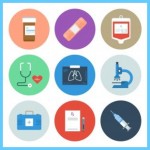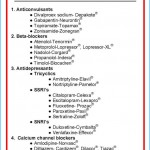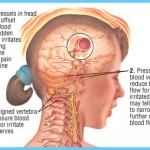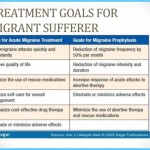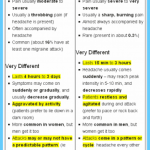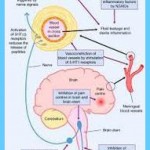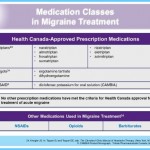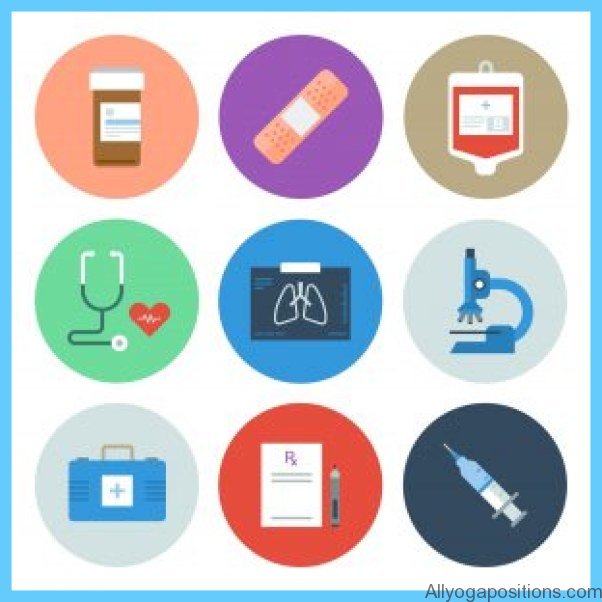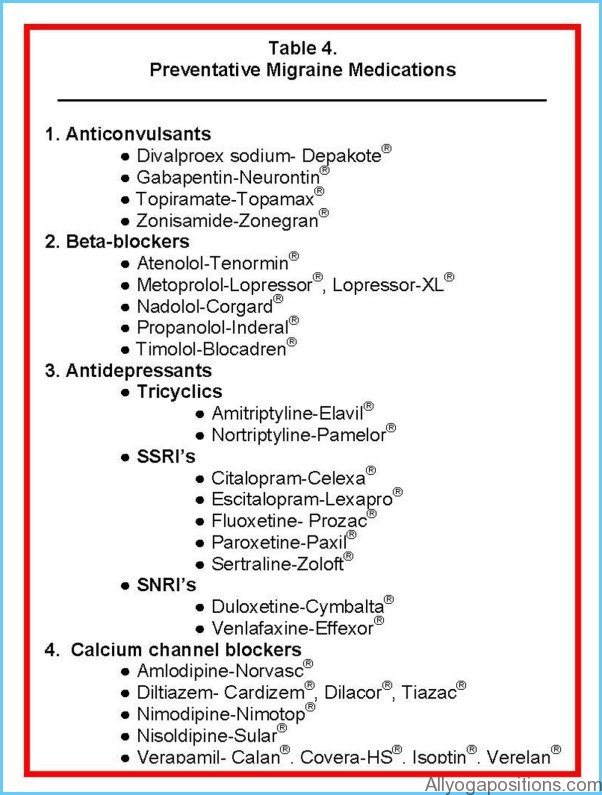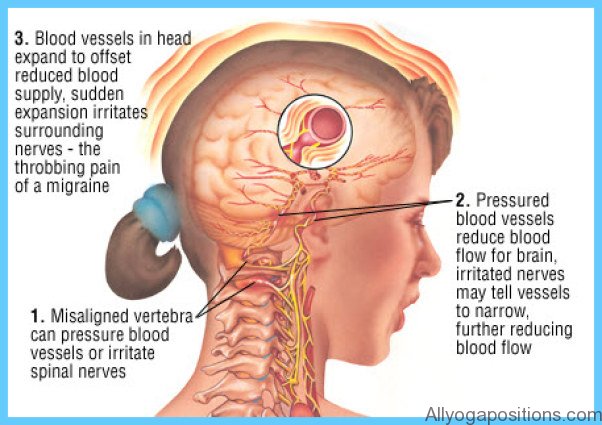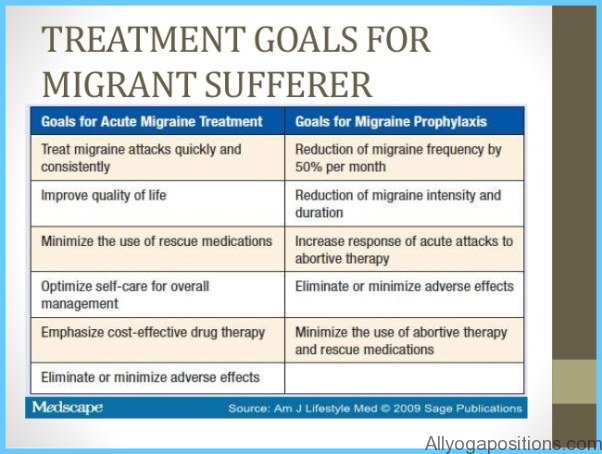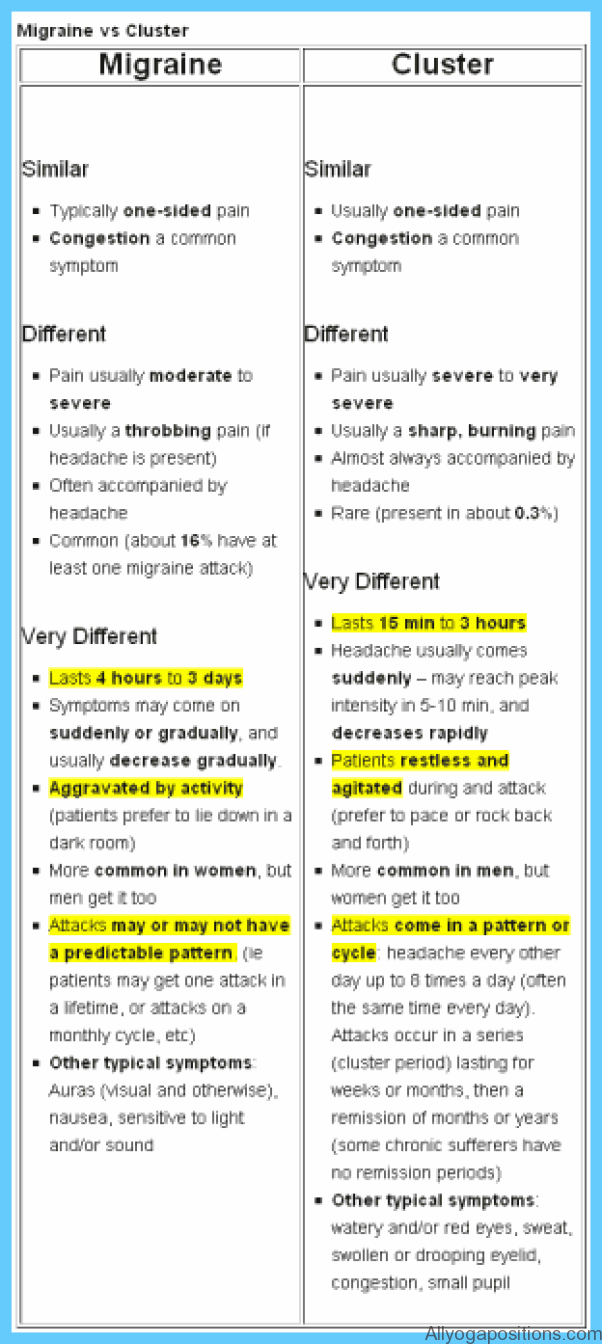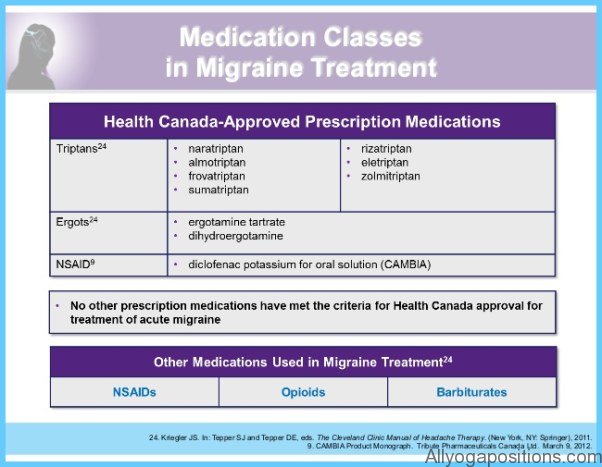When a migraine strikes, the light, noise and pain may be overwhelming when you are around other people. Most migraine sufferers retreat to a quiet, dark room and try to sleep through it. The disabling effects of migraines often result in work loss and may seriously curtail social and family activities.
When migraines begin to have a negative impact on your life, your doctor may prescribe drug therapy. People respond to a variety of different medications and you may have to experiment to find the one that works best for you.
MIGRAINE RELIEF MEDICATIONS
These medications target the pain of an attack and should be taken as soon as you sense that a headache is beginning. General analgesics (painkillers) and NSAIDs (nonsteroidal anti-inflammatory drugs) are frequently used to relieve the discomfort of mild and moderate migraine attacks. One of the most effective drugs is Imitrex®, a drug that specifically targets the receptors for serotonin and causes blood vessels to constrict. It acts quickly to reduce pain and is effective for over 70 percent of migraine sufferers. Some combination medications may also be useful in cases where other drug therapies are not effective. Because migraines are usually accompanied by extreme nausea, your treatment plan will probably include an anti-nausea drug to relieve these symptoms.
Among other side effects, both analgesics and NSAIDs are known to cause stomach problems that may eventually lead to internal bleeding and ulcers. Overuse of these drugs may also cause you to experience rebound headaches. Rebound headaches are not migraines, but are medication induced and may quickly become chronic.
Severe migraine attacks that result in incapacitating pain may be treated with opiates, which are very powerful painkillers. However, they are also highly addictive and are usually prescribed only in extreme cases.
MIGRAINE PREVENTION THERAPIES
As with migraine relief medications, these drugs will work with varying success. A “good” response to preventive medications is defined as a 50 percent reduction in the severity and frequency of migraine attacks. The main types of prevention medications are
1. Beta-blockers—These have a 60 percent success rate. They work to stabilize serotonin levels and reduce the dilation of blood vessels.
2. Ergot drugs—These are usually as effective as beta-blockers and also affect serotonin levels and blood vessel dilation.
3. Calcium channel-blockers—These are thought to modulate neurotransmitters. The effects are gradual and the success rate is less than with beta-blockers.
4. Antidepressants—These have a positive effect on serotonin levels. They are effective but may have serious interactions with other medications.
All of the migraine prevention medications produce side effects that may have serious consequences for your overall health. Most of these drugs are contraindicated during pregnancy. When you are experimenting with preventive therapies, you should try only one drug at a time, so that you and your physician can carefully monitor the positive and negative effects. Dosage should begin at a low level and move upwards only as needed.
ALTERNATIVE TREATMENTS
There is a growing body of evidence to indicate that alternative therapies have a positive effect on the symptoms and frequency of migraine attacks. Resting in a quiet, dark room and applying ice or pressure often helps to relieve pain. Avoiding triggers through diet and lifestyle changes is also very beneficial in preventing the onset of migraines. Other therapies that have shown some success in alleviating migraines are
• relaxation therapy
• biofeedback
• acupuncture
• stress-management training
• psychotherapy
• hypnosis
• physiotherapy, osteopathy and chiropractic therapy

